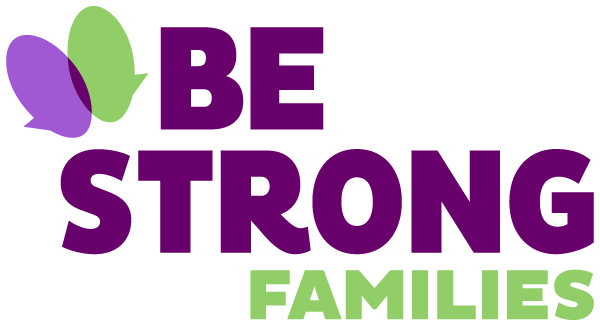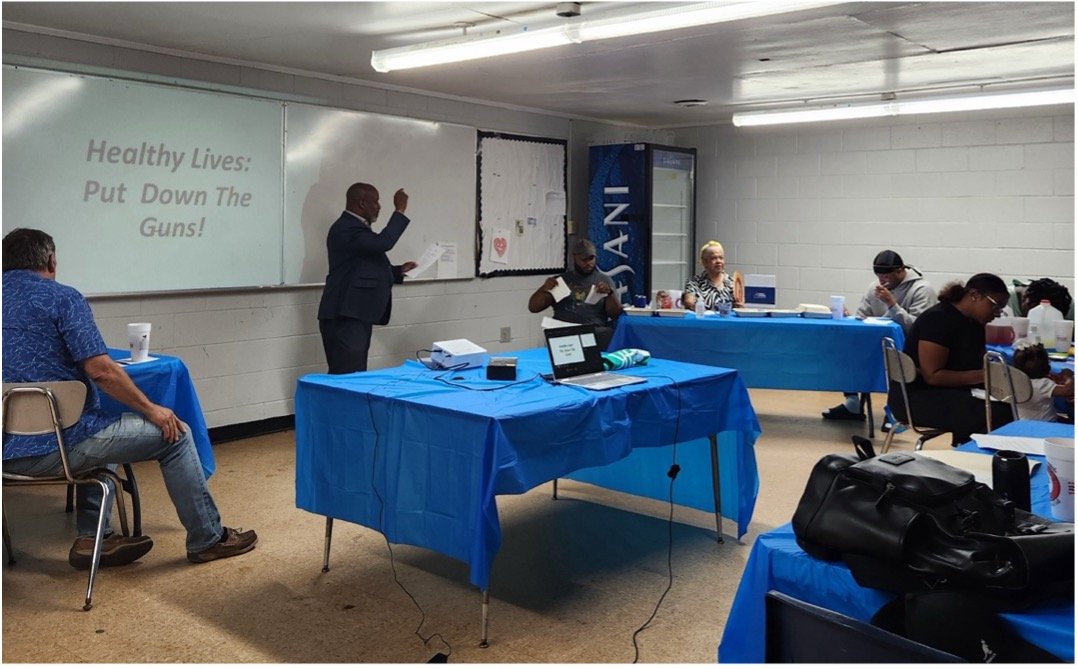Our Blog
Get plugged into the latest Be Strong Families news, initiatives, and blog articles — all central to creating transformative conversations that nurture the spirit of family, promote well-being and prevent violence.
Parent Cafés, structured, peer-to-peer conversations that build protective factors in families, are beginning to emerge in Idaho thanks to a determined parent leader and committed community partners.
The power of the Parent Café model lies in its adaptability to diverse communities while maintaining the integrity of its evidence-based approach. When tailored to specific affinity groups – those with shared identities, experiences, or challenges – Café experiences create even stronger connections and more sustainable support networks.
While every part of a Parent Café is carefully designed, adjustments can be made while adhering to the evidence-based model. Thought-provoking questions or specific topics can be adapted to focus on the unique challenges of a particular group.
In South Carolina (as in the U.S.), guns are now the leading cause of death among children and adolescents, surpassing car crashes and cancer. South Carolina ranks 9th in gun death rates in the country. With the help of Be Strong Families, the South Carolina Department of Public Health (DPH) is taking action to turn the tide. The peer-based, focused conversations that Cafés provide can be applied with great success to a variety of social challenges. A team from Be Strong Families got to work adapting the Café model to address gun safety and nonviolence.
When Be Strong Families emerged from Strengthening Families Illinois in 2012, we intentionally chose our name to embody the vibration we wanted to bring into the world. We saw ourselves as champions and cheerleaders of the inherent goodness in people, the wisdom and resilience of families—especially those who have been historically oppressed. Our mission was to encourage parents and family members to be strong—to recognize that they already possess the internal resources to thrive. To activate those resources. That’s the heart of Parent Cafés.
As an executive director (ED) of a non-profit, building a strong, collaborative relationship with your board of directors is crucial. Many EDs hesitate to communicate openly with their board due to fear of a perceived power differential, but it's essential to remember that while you report to them, no one else does. You are in charge of your staff and operations. If you’re doing your job well, the board will respect and support your leadership. They are looking to you to lead and to structure their role so that they can make a meaningful contribution without it taking too much of their time and energy (they are volunteers which means they generally have lots of other obligations! and this is important to remember as it works in your favor.)
In this blog series, I’ve spoken about my commitment to racial equity and undoing the damage systemic racism has caused all of us. I’ve called out performative allyship, stressing that authentic engagement must come from gut-level and heart-level understanding, born of personal experiences that reveal the real benefits of DEI work. One question that lingers, even if unvoiced, is: Why? As a white person, even my own mother once asked me, “Why don’t you like white people? Why don’t you seem to trust people like you?”
More Blogs

Parent Café Evaluation Highlights
Since Be Strong Families (BSF) first pioneered the Parent Café approach in 2007, hundreds of programs In the US and internationally have adopted the approach, reaching thousands of parents and families through deep, personal conversations designed to facilitate transformation and healing. In 2019 we started the National Parent Café Evaluation Project to be able to share the impact of Parent Cafés. Fifty-five percent of our partners participated in the National Parent Café Project. The following are key trends in data collected in 2019, 2020, and 2021.






